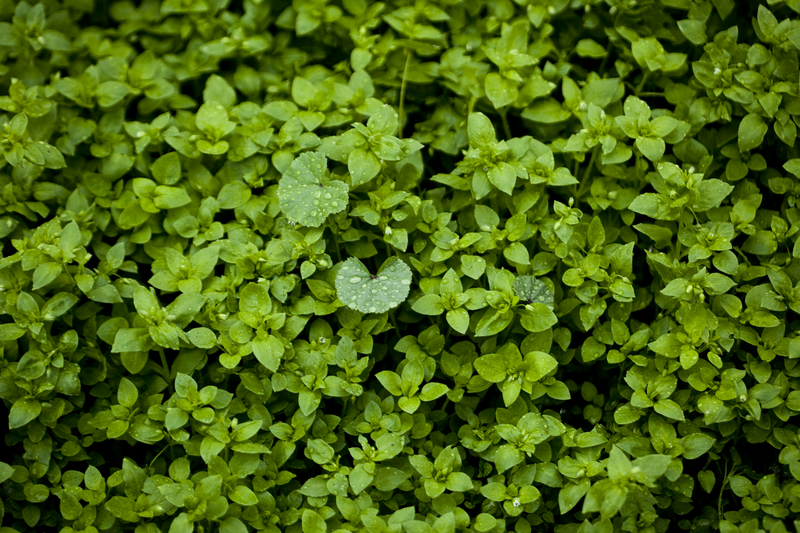(February 28, 2020) - Government agencies recently announced two incentive funding opportunities for almond growers looking to bring innovation to their operation.
CDFA: Healthy Soils Program (HSP)
Overseen by the California Department of Food and Agriculture (CDFA), the Healthy Soils Program (HSP) provides almonds growers with funds to invest in soil health and responsible ecosystem practices. Practices almond growers may implement to be eligible for HSP funding include intentionally planting cover crops, mulching, Whole Orchard Recycling, composting and hedgerow planting. A CDFA news release shared that approximately $25.2 million will be awarded to California ag producers in this round of funding.
There are two components of this program: the HSP Incentives Program and HSP Demonstration Projects. According to CDFA, the HSP Incentives Program provides financial incentives to California growers who want to implement conservation management practices that sequester carbon, reduce atmospheric greenhouse gases (GHGs) and improve soil health. HSP Demonstration Projects, on the other hand, fund on-farm demonstration projects that aim to collect data and/or showcase conservation management practices that mitigate GHG emissions and increase soil health.
Applications for HSP became available yesterday. The deadline to apply for the HSP Incentives Program is June 26, 2020, and the deadline for HSP Demonstration Projects is April 23, 2020. Applications for the incentive program will be received on a first-come, first serve basis, so interested growers are encouraged to apply as soon as possible, whereas the demonstration projects will be reviewed and ranked after the April 23 deadline.
USDA-NRCS: Environmental Quality Incentives Program (EQIP) National Air Quality Initiative (NAQI)
Popular among growers, the Environmental Quality Incentives Program (EQIP) is administered by the USDA Natural Resources Conservation Service (NRCS). This voluntary conservation program helps eligible growers plan and implement conservation practices that address a wide range of natural resource concerns and provide opportunities to improve soil, water, plant, animal, air and related resources on agricultural land and nonindustrial private forestland.
In past years, almond growers have used a variety of cost-share programs through EQIP for irrigation, nutrient management, dust reduction, cover crop and pest management projects. The National Air Quality Initiative (NAQI), in particular, aims to “help growers meet air quality compliance requirements and offer opportunities to support practices that reduce oxides of nitrogen (NOx), volatile organic compounds (VOC) and particulate matter (PM) emissions from agricultural sources,” according to an NRCS news release.
“This is an important program because voluntary compliance and adoption of cleaner engines may avoid future regulation – in the San Joaquin Valley Air Basin – under the PM2.5 plan,” said Jesse Roseman, principal analyst for Environmental and Regulatory Affairs at the Almond Board of California.
While applications are accepted year-round, interested growers need to submit their paperwork by March 18, 2020, to be considered for the initial round of funding. According to the NRCS release, “Financial assistance priority is targeted toward counties identified as having significant air quality resource concerns based on the U.S. Environmental Protection Agency (EPA) ‘nonattainment’ designations for ozone and particulate matter or predesignated as ‘attainment (maintenance area)’ for PM10 or PM2.5.”
For more information on how to apply for the EQIP NAQI program and to determine eligibility, growers should contact the NRCS field office in the county in which they own land or have an agricultural operation.